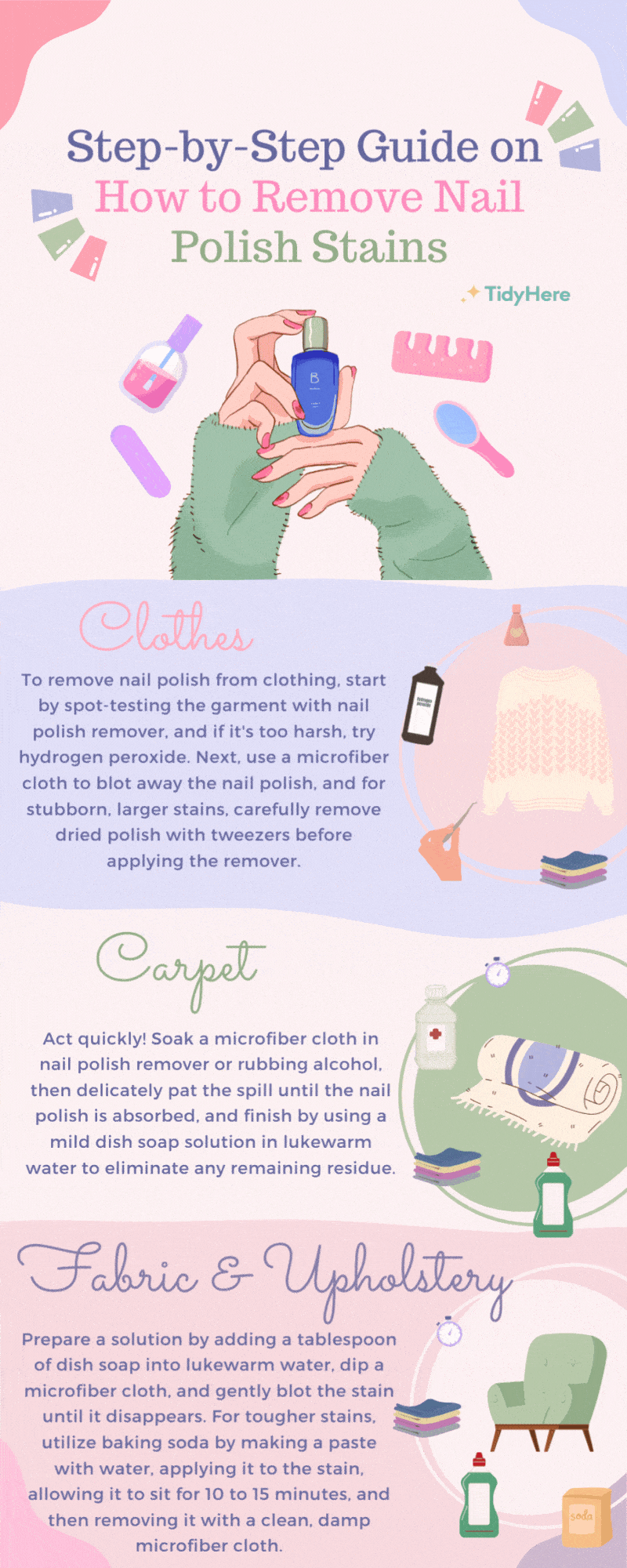
How to Effectively Increase Nitric Oxide Levels for Optimal Health in 2025
Nitric oxide (NO) is a vital molecule that plays a crucial role in various physiological processes within the body. Known for its ability to enhance blood flow, improve exercise performance, and support heart health, understanding how to effectively increase nitric oxide levels can provide significant health benefits. Whether you’re an athlete looking to boost your sports performance or someone interested in cardiovascular health, this article will guide you through the best practices for optimizing nitric oxide production. We will explore natural food sources, supplements, and lifestyle changes that can aid in increasing nitric oxide, paving the way for improved overall health.
This guide aims to present essential methods to enhance nitric oxide levels, including dietary strategies, effective exercise routines, and specific nutrients that facilitate nitric oxide synthesis. You’ll also discover common pitfalls to avoid and expert recommendations for incorporating nitric oxide boosters into your routine. As we progress, we’ll highlight the key takeaways on the importance of maintaining adequate nitric oxide levels, especially in the context of aging and chronic conditions.

Essential Strategies to Boost Nitric Oxide Levels Naturally
Natural Food Sources Rich in Nitrates
One of the most effective ways to enhance nitric oxide levels is through diet. Foods rich in nitrates, such as leafy greens, beetroot, and pomegranate, are known to elevate nitric oxide production. When these foods are consumed, they convert nitrates into nitrites, which can be further transformed into nitric oxide in the body. Incorporating these foods into your diet can lead to better blood flow and improved athletic performance.
Beetroot juice, for instance, has gained popularity among athletes for its performance-enhancing effects. Research shows that consuming beetroot juice can significantly increase nitric oxide levels, enhancing endurance and reducing oxygen consumption during exercise. Alongside beets, leafy greens like spinach and kale also play a critical role in supporting cardiovascular health.
In addition to beets and greens, other nitrate-rich foods like garlic and cranberry juice have shown promising effects on nitric oxide production. Garlic, in particular, contains compounds that boost nitric oxide synthesized pathways, leading to improved vascular function and lower blood pressure.
Effective Supplements for Nitric Oxide Enhancement
Nitric oxide supplements are another popular avenue for increasing nitric oxide levels. Supplement options often include amino acids like L-arginine and L-citrulline, which serve as precursors to nitric oxide synthesis. These supplements can help enhance blood flow, support muscle recovery, and improve overall physical performance.
L-citrulline, when converted to L-arginine in the kidneys, has been shown to support sustained increases in nitric oxide levels in the bloodstream. As a result, athletes often favor L-citrulline over L-arginine for its superior effectiveness in maintaining elevated nitric oxide levels during exercise routines.
Additionally, combining nitric oxide boosters with vitamin C can further enhance bioavailability and support the body’s ability to produce nitric oxide. This synergy is particularly beneficial for those aiming for maximum performance and recovery outcomes.
Exercise and Physical Activity for Nitric Oxide Production
Engaging in regular exercise is critical for maintaining healthy nitric oxide levels. Physical activity stimulates the endothelial cells lining the blood vessels to release nitric oxide, improving vascular health and enhancing oxygen delivery throughout the body. Aerobic exercises, such as running, cycling, and swimming, are particularly effective in promoting nitric oxide synthesis.
Strength training also plays a vital role in nitric oxide production. Studies indicate that high-intensity resistance training can lead to greater nitric oxide synthesis compared to low-intensity exercise. Incorporating a balanced mix of cardiovascular and strength training in your fitness regime ensures optimal production of nitric oxide and supports overall cardiovascular health.
Lifestyle Changes to Support Nitric Oxide Production
Making specific lifestyle changes can also contribute to increasing nitric oxide levels effectively. Factors such as hydration, adequate sleep, and managing stress play significant roles in nitric oxide synthesis. Staying well-hydrated ensures the body functions efficiently, enhancing blood flow and nutrient delivery.
Moreover, poor sleep habits can lead to lower nitric oxide levels. Aiming for 7-9 hours of quality sleep nightly improves overall hormone balance and circulatory health, while chronic stress can negatively impact nitric oxide levels. Practicing relaxation techniques and mindfulness can mitigate stress, promoting better nitric oxide regulation.

Nitric Oxide and Its Impact on Health
Nitric Oxide and Cardiovascular Health
Nitric oxide plays a foundational role in cardiovascular health by promoting vasodilation, which helps widen blood vessels and improve blood flow. This function is crucial for maintaining healthy blood pressure and reducing the risk of cardiovascular diseases. Low levels of nitric oxide can lead to vascular stiffness and elevated blood pressure, making it essential to incorporate nitric oxide-enhancing foods and lifestyle practices.
Research suggests that maintaining optimal nitric oxide levels not only improves overall heart health but also aids in cholesterol regulation and glucose metabolism. Consequently, enhancing nitric oxide production through diet and exercise can significantly contribute to long-term cardiovascular wellness.
Nitric Oxide and Muscle Recovery
For athletes and fitness enthusiasts, nitric oxide's role in muscle recovery cannot be overlooked. Increased blood flow resulting from higher nitric oxide levels facilitates better delivery of nutrients and oxygen to muscle tissues, aiding in quicker recovery following intense training sessions. It also helps in reducing muscle soreness, allowing individuals to maintain consistent training without setbacks.
Supplementing with L-citrulline particularly has been shown to enhance recovery by improving muscle oxygenation and reducing fatigue, making it an ideal option for optimizing workout regimens.
Nitric Oxide for Sexual Health and Erectile Function
Nitric oxide is integral to sexual health, particularly regarding erectile function. The molecule enhances blood circulation to various body regions, including the penis, facilitating erection. Traditional herbal remedies and supplements that support nitric oxide production are frequently recommended to enhance sexual performance and treat erectile dysfunction.
Particularly, the intake of arginine-rich foods, such as nuts and seeds, combined with regular exercise, can significantly improve nitric oxide levels, contributing positively to sexual health and vitality.
Q&A Section: Understanding Nitric Oxide Enhancement
1. What are some natural foods that increase nitric oxide levels?
Natural foods high in nitrates such as beetroot, leafy greens, garlic, pomegranate, and berries are excellent for boosting nitric oxide production in the body.
2. Are nitric oxide supplements safe to use?
Most nitric oxide supplements are generally considered safe; however, it’s essential to consult a healthcare provider before starting any supplementation, especially for individuals with existing health conditions.
3. How does exercise influence nitric oxide production?
Exercise stimulates the endothelial cells in blood vessels to produce more nitric oxide, enhancing blood flow and oxygen delivery throughout the body. Regular physical activity maintains optimal nitric oxide levels.
4. Can hydration levels impact nitric oxide synthesis?
Yes, proper hydration is essential for optimal nitric oxide production. Adequate water intake supports efficient blood circulation and nutrient delivery, both critical for nitric oxide synthesis.
5. What is the relationship between nitric oxide and cardiovascular health?
Nitric oxide plays a key role in cardiovascular health by promoting vasodilation, improving blood flow, and helping regulate blood pressure, thus lowering the risk of cardiovascular diseases.
Conclusion: Embracing a Nitric Oxide-Rich Lifestyle
To effectively increase nitric oxide levels for optimal health, it's important to embrace a holistic approach. By incorporating nitric oxide-rich foods, supplementing wisely, maintaining an active lifestyle, and making conscious lifestyle choices, you can significantly boost your health and well-being. The benefits of increased nitric oxide levels extend beyond just cardiovascular health, influencing athletic performance, muscle recovery, and even sexual health. By prioritizing these practices, you can enjoy a healthier lifestyle in 2025 and beyond.